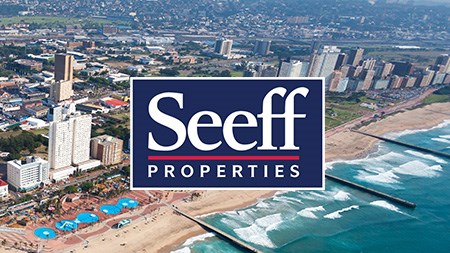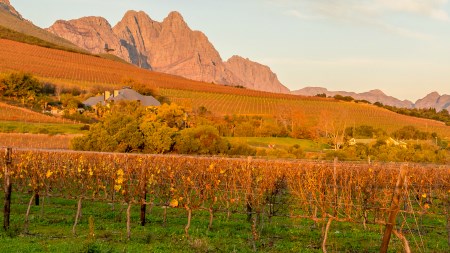This year's SONA was more of the same, with little in it to boost the confidence needed to re-energise the economy and property market., according to Samuel Seeff, Chairman of Seeff Property Group.
Seeff welcomed the commitment to speed up the granting of title deeds to beneficiaries of subsidised housing projects and noted the ongoing focus on transformation in the property sector. REBOSA (Real Estate Business Owners of South Africa), supported by the property sector, is already playing an active role in regard to various matters around the proposals contained in the Draft Property Practitioners Bill.
Seeff says that on the whole, the world is watching the South African story of poor economic decisions, a shift to populist politics and instability unfold. We need to shift the narrative to positive sentiment if we are going to turn the economy back to growth and investment.
The effect of a poor economy, is a weakened property market with slow volumes and stalling prices. A good property market needs a good economy. People need a reason to invest, we should be encouraging that, not scare them away with populist policies and higher taxes, says Seeff.
Only business and investment can create jobs and wealth needed for poverty alleviation and upliftment. This needs a climate of real action in regard to wasteful expenditure and corruption, governance and especially state capture that only benefit a few.
Seeff says that investors need to know that their money is safe. People want to live and invest in neighbourhoods and cities that all well governed as so clearly demonstrated by the Cape property market story and shift to the DA in the other major metros.
South Africa is now one of the top tourist destinations, people want to visit and want to invest, but they need security for that. They do not want to be penalised with higher transfer duty and taxation.
All this has done is scare away top end buyers who now rather upgrade and extend and put the rest of their money offshore. And, adds Seeff, you have to sell substantially more lower priced property to make up for the loss in transfer duty on a single top end transaction.
Without entering the land debate and fully acknowledging the need to address this, hasty talk such as around restricting foreign buyers before there is even a proper understanding of what actually constitutes a foreign buyer needs to cease. All it does is scare investors away.
The same with the proposed agricultural land restrictions. South Africa has a broad agricultural base with some farming regions such as the Karoo requiring up to 200,000ha to be commercially viable. In this context, the 12,000ha restriction is a very poorly thought out number.
The time has come to get serious about the country, economy and constitution. We hope that this will be a year of settling down for the economy with improved growth, vital to re-energize the property market. With more activity and quicker transactions, we can get back into a growth phase with rising prices and yields that will excite and entice investors and buyers back to the market




